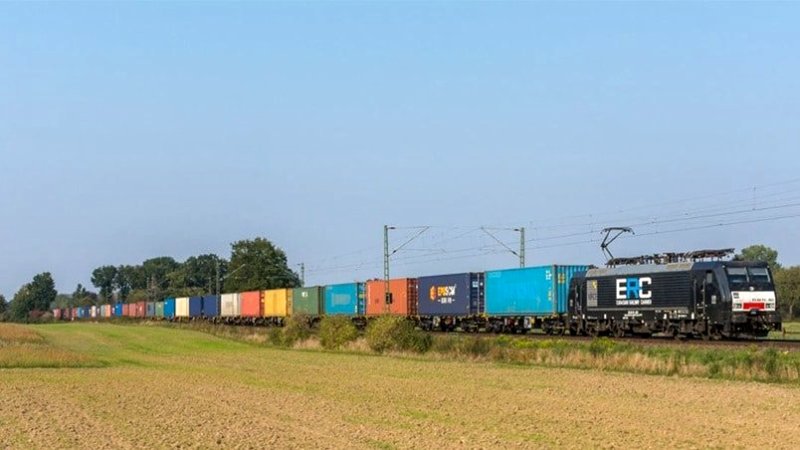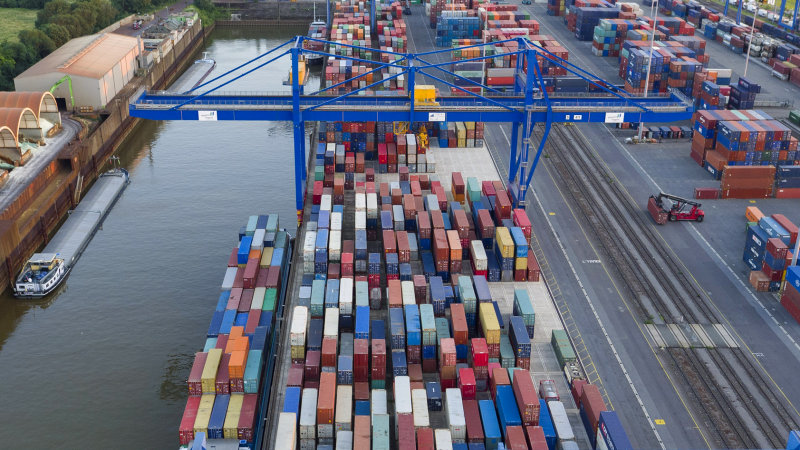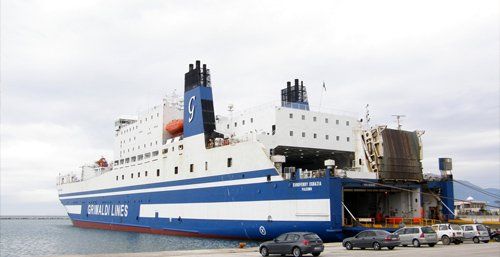A shocking figure reported by the Polish Economic Information Center (Coig) reveals that 120 Polish transport companies have failed in the first quarter of 2024. This news, echoed by various media outlets, is corroborated by official statistics indicating that another 1,400 companies have implemented restructuring policies, cutting staff or reducing their fleet size. According to the Polish Leasing Association, the market for rolling stock has also seen a significant decline. In the first quarter, the value of new leasing contracts for road tractors decreased by 14.6% to PLN 2.5 billion (€587,440,478), and for semi-trailers, by 31.1% to PLN 0.9 billion (€211,478,572), compared to the first three months of 2023.
The crisis is affecting other sectors as well, but transportation is in the worst situation due to a decrease in orders and a lack of new investments. Compared to the same period last year, the tonnage of road transport decreased by 1.7%, totaling 67.6 million tons. March was the hardest month, with a volume decrease of 3.8%, down to 22.1 million tons transported.
The low demand for transport services is forcing entrepreneurs to reduce fleets and workforce, both in offices and on the road. A wave of layoffs is spreading across the country, exacerbated by the minimum wage increase at the beginning of the year. A second increase is scheduled for July, and many transport companies are expected to further cut staff and vehicles before this date.
Experts from the Polish Economic Institute, in their report "The TSL Industry Facing Automation and War," emphasize that few medium and large transport companies in Poland can compete with major European players. The Polish transport sector mainly consists of family-run or small-to-medium-sized businesses that struggle to keep pace with European giants.
Piotr Mikiel, president of ZMPD, the largest Polish transport association, also noted the increasing debt of international road transport companies, as evidenced by the growing number of corporate restructurings. "Since 2022 and the introduction of the Mobility Package, carriers' costs have increased by 100% while rates have not changed. Companies are struggling to survive, and the outlook is not good. That's why the industry is seeking state support, especially during the transition to electric mobility and the replacement of tachographs with next-generation smart ones."
In response to this alarming situation, the Committee for the Defense of Polish Transporters and Employers (KOPiPT) is working to bring the debate to the European Parliament. The aim is to discuss rescue measures for the transport sector, which the organization says is in a critical situation. Waldemar Jaszczur, president of the Committee, announced plans to invite candidates for the European Parliament to a debate on the sector's future, taking advantage of the upcoming elections.
"We are ready to meet candidates from all political groups anytime and anywhere to learn about their plans for saving our sector in the European Parliament," he stated. "The Mobility Package is destroying us, and the mandatory replacement of tachographs by the end of the year is sheer madness. The cost of PLN 4,000 (around €1,000) per vehicle is unsustainable. My company has 50 vehicles, meaning we face an expense of PLN 200,000 (€50,000). We don't have these funds, and the state should cover the cost of replacing the tachographs." Jaszczur also declared that the association is prepared to take to the streets with thousands of vehicles and, if necessary, to block traffic throughout the capital.
Meanwhile, Infrastructure Minister Dariusz Klimczak met with representatives of the road transport sector on May 16 in Warsaw. The meeting, initiated by the carriers, addressed the restructuring activities of the national transport sector. During the meeting, companies were informed about planned legislative changes aimed at stabilizing the market, preventing business failures, and protecting them from unfair competition. Issues related to the tachograph retrofitting process were also discussed, along with proposals to improve and increase road controls, reduce illegal practices, and enhance road safety.
Marco Martinelli































































